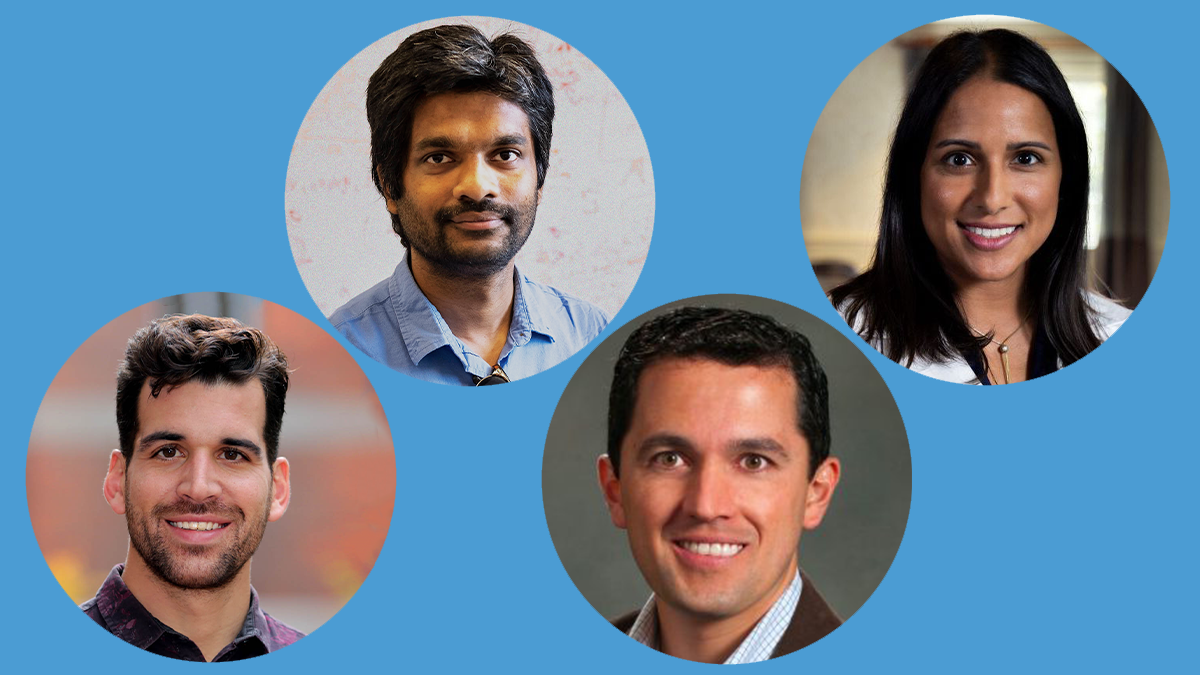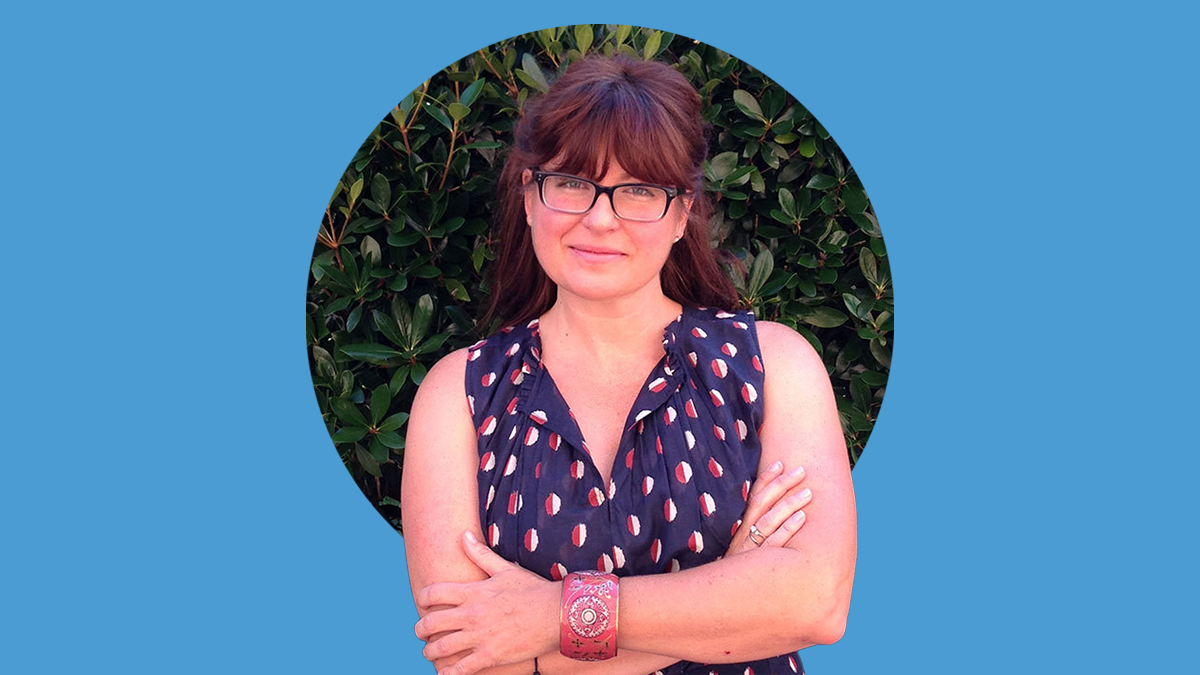Dental students will put global experiences into practice
Observing dental care providers in foreign countries helps them become well-rounded practitioners.

For some UNC Adams School of Dentistry students, pursuing a global experience helped change their perspective and their future plans as they learned to work with limited resources and how to be culturally sensitive providers.
Students in the program can choose from 10 destinations (Brazil, Ghana, India, Japan, Malawi, Mexico, Moldova, Nepal, Turkey and Uganda), where they engage in a diverse range of activities that integrate clinical, academic, cultural and community-oriented work. Roxanne Chadderton, a global program associate at the dental school, said the students can observe clinical care in local clinics, hospitals and mobile dental units. They also participate in community outreach efforts, such as dental programs at schools, dental field camps and helping public health workers share basic oral health practices.
For students used to seeing patients and clinical care settings in the U.S., there are often surprises, but they are welcome ones.
Sajan Singh, ‘27 (DDS) candidate, said he was welcomed warmly in Mexico, where people appreciated his efforts supporting their community. Singh said the community service aspect stuck with him after he returned home to the U.S.
“One thing I noted was the disparities when it comes to access to care and, as a result, how much the community works to serve and support each other. [This experience] was an incredible opportunity for me as I was able to see the countless hearts dedicated to service,” he said.
Service also made an impression on Jordyn Williams, ‘25 (DDS) candidate, who traveled to Malawi.
“This experience has further awakened my heart for international and domestic service, which I will continue to explore within my future career and community,” she said. “Every patient we interacted with and every student or dental therapist who assisted us during our experience were so grateful for the work we were doing and the time we spent there with them.”

Adams School of Dentistry student Sajan Singh shows children how to use a toothbrush on a model of a mouth while in Mexico. (Courtesy of Adams School of Dentistry)
Singh said that providing compassionate care was important when interacting with patients, particularly when there was a language barrier to overcome.
“The most valuable thing I learned while abroad was how much one can comfort a patient or someone who is nervous without words. Although I had a translator when necessary, I was able to see how much care relies on the atmosphere a provider creates with their patient to keep it lighthearted and focused on the delivery of care,” he said.
Williams said she also found that having fewer resources doesn’t mean a lower standard of care.
“High-quality dental care can still be achieved with limited resources. We were able to observe routine procedures, surgeries and outpatient care with significantly fewer material resources than here, but they still maintained a quality of care and patient sensitivity equal to the U.S.,” she said.

Adams School of Dentistry students in front of the UNC Project Annex building in Malawi. Their experiences abroad can help them become more well-rounded dental practitioners. (Courtesy of the Adams School of Dentistry)
Both students stressed the importance of their experiences overseas and how they can take the lessons they learned from the providers and put them into practice during their own professional careers.
“I will be much more aware of patient circumstances and open to learning more about the experiences of others without passing any judgment. I will also be much more equipped to handle resource scarcity and emergency situations,” Williams said.







